Great White Shark Update and the Rabies Outbreak in Cape Fur Seals
The Great White Shark Situation in Mossel Bay and the Rabies Outbreak in Cape Fur Seals
Mossel Bay, a world-renowned hotspot for great white shark sightings, has experienced a dramatic decline in shark encounters over the past couple of years with 2024 being particularly baron. Sightings have been scarce, leaving local businesses, marine enthusiasts, and conservationists concerned about the future of this apex predator in the region. Now, as if the struggle with declining shark numbers wasn't enough, a new threat has emerged: a rabies outbreak in the local Cape fur seal population, thought to be the first of its kind along the Western Cape.
The Decline of Great White Shark Sightings in Mossel Bay
Mossel Bay has historically been one of the top destinations for great white shark tourism, with cage diving and surface viewing tours attracting visitors from around the world. The presence of these sharks has not only been a key draw for ecotourism but also an important component of the local marine ecosystem, helping to regulate seal populations and maintain a balanced food web.
However, shark sightings have become increasingly rare over the last year. The exact reasons behind this decline are still being studied, but possible factors include changes in prey availability, environmental shifts, and the presence of orcas (killer whales) known to prey on great whites.

Rabies Outbreak in Cape Fur Seals: A New Threat
In addition to the challenges facing the great white shark population, a new and unprecedented rabies outbreak in Cape fur seals has been confirmed along the Western Cape coast. This outbreak is the first known instance of a rabies outbreak in this species, with cases reported in several coastal areas, raising concerns about its potential spread.
The Agricultural Research Council's Onderstepoort Veterinary Research and researchers from the University of Pretoria have confirmed positive cases of rabies in seals at multiple locations:
- Melkbosstrand (October 2023)
- Plettenberg Bay (January 2024)
- Die Dam near Gansbaai (June 2024)
- Fish Hoek (October 2023)
- Pringle Bay (February 2024)
- Strand (May 2024)
- Muizenberg (May 2024)
These cases suggest that the outbreak may extend across the entire coastline where seals are present. Researchers are currently analyzing stored samples collected since 2021 to understand when and how the outbreak began and to assess its extent.
Impact and Cautionary Measures
The rabies outbreak poses a risk not only to wildlife but also to humans who interact with the marine environment. High-risk individuals, including surfers, divers, water sports enthusiasts, fishermen, and others who frequently come into contact with seals, are urged to exercise caution. The Western Cape authorities have released an advisory recommending vaccination for people at higher risk and warning against direct contact with seals.
The advisory also highlights the importance of reporting any unusual seal behaviour, as rabies can cause animals to become disoriented, aggressive, or lethargic. Rabies in seals represents a new challenge for coastal management and wildlife health in South Africa, necessitating a coordinated response to prevent the spread to other species, including domestic animals and humans.
What Does the Future Hold for Mossel Bay's Marine Life?
The dual challenges of scarce great white shark sightings and a rabies outbreak in Cape fur seals present significant obstacles for Mossel Bay. Continued research and conservation efforts are needed to understand the root causes of the shark decline and to manage the rabies threat effectively. Collaboration between marine biologists, veterinarians, local authorities, and the ecotourism industry is essential to safeguard the future of these iconic marine species.
In the meantime, visitors and locals should heed official advisories, get vaccinated if at higher risk, and avoid close interactions with seals. By staying informed and cautious, we can help minimize the impact of this outbreak and support the ongoing conservation of Mossel Bay's remarkable marine ecosystem.
Conclusion
Mossel Bay's struggle with declining great white shark sightings and the recent rabies outbreak in Cape fur seals highlight the complex challenges facing marine conservation in the Western Cape. These events serve as a reminder of the delicate balance within marine ecosystems and the need for proactive measures to protect wildlife and human health. As research continues, public awareness and caution will play a crucial role in navigating these evolving threats to ensure a sustainable future for the region's iconic marine species.
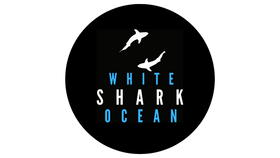
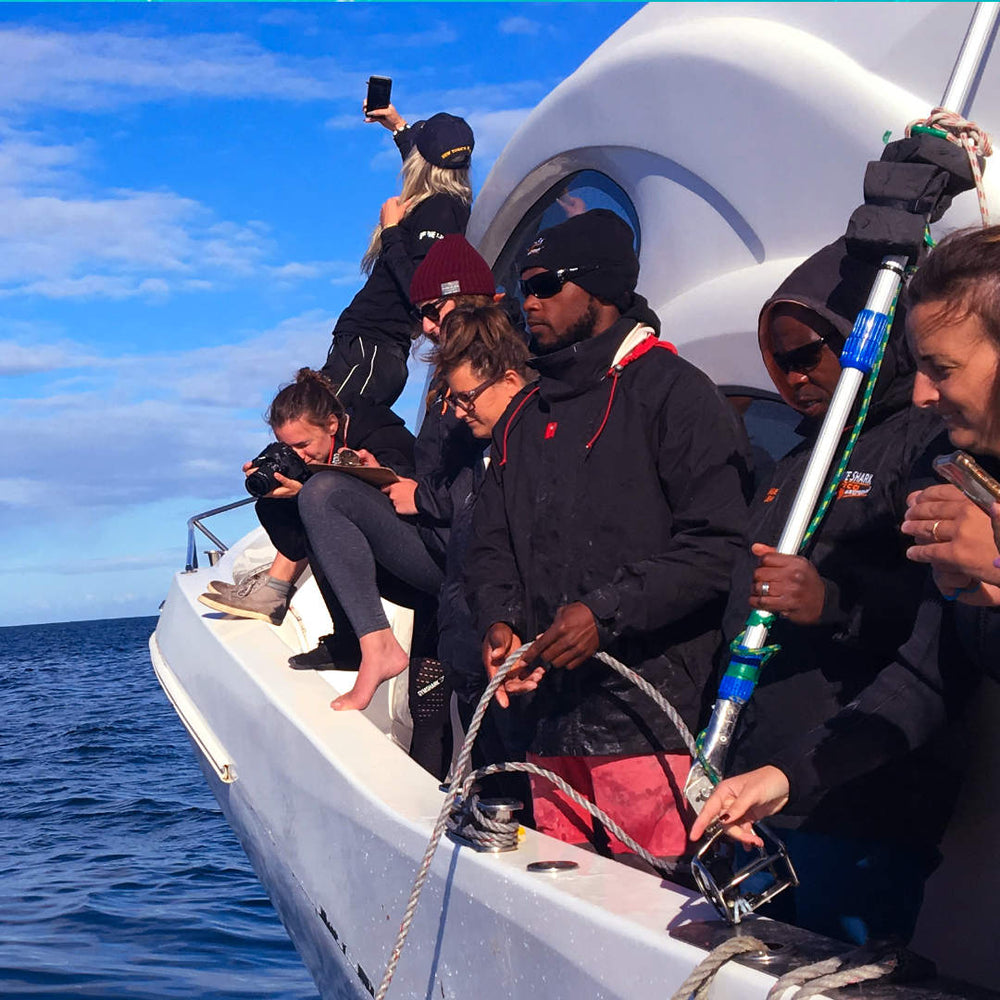
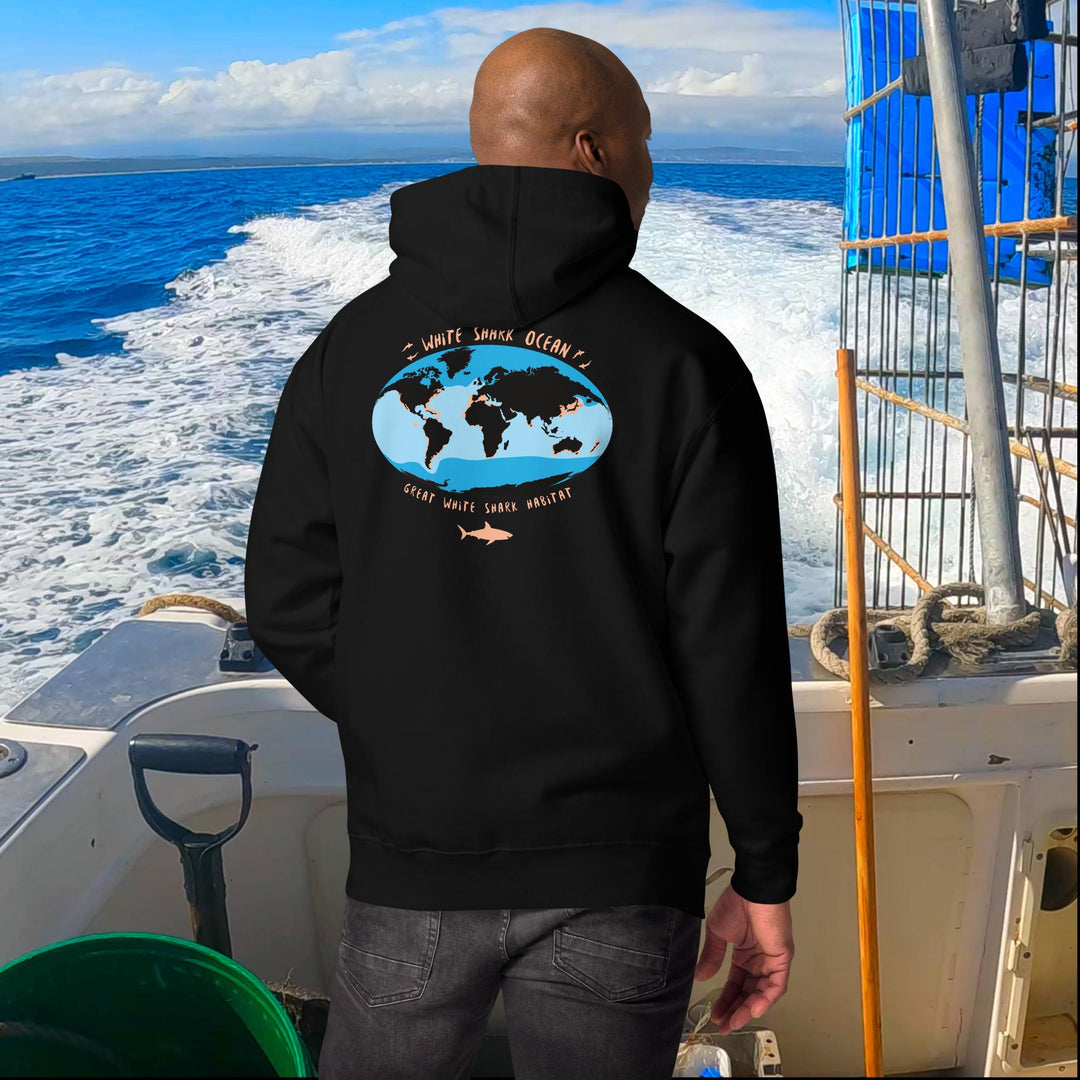
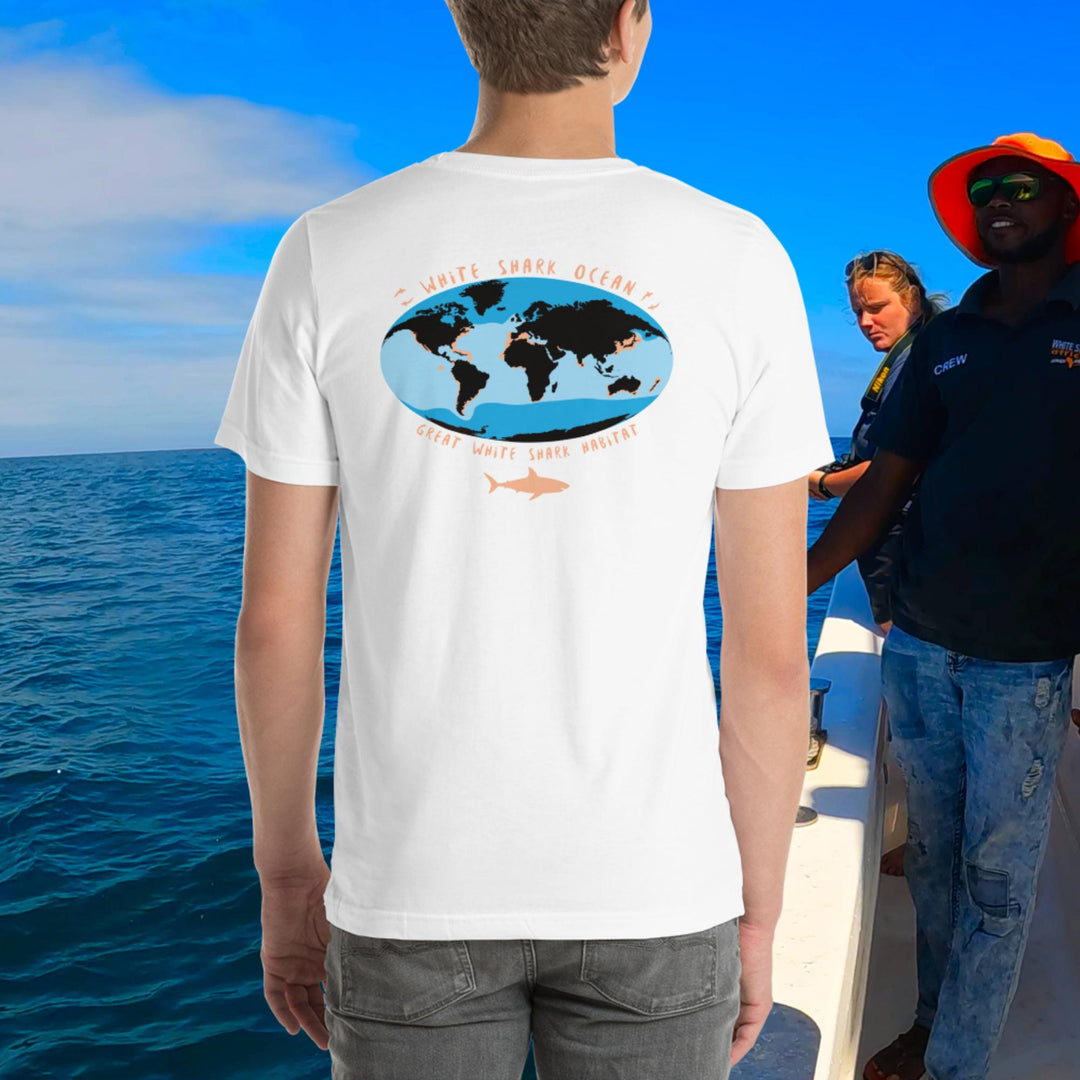
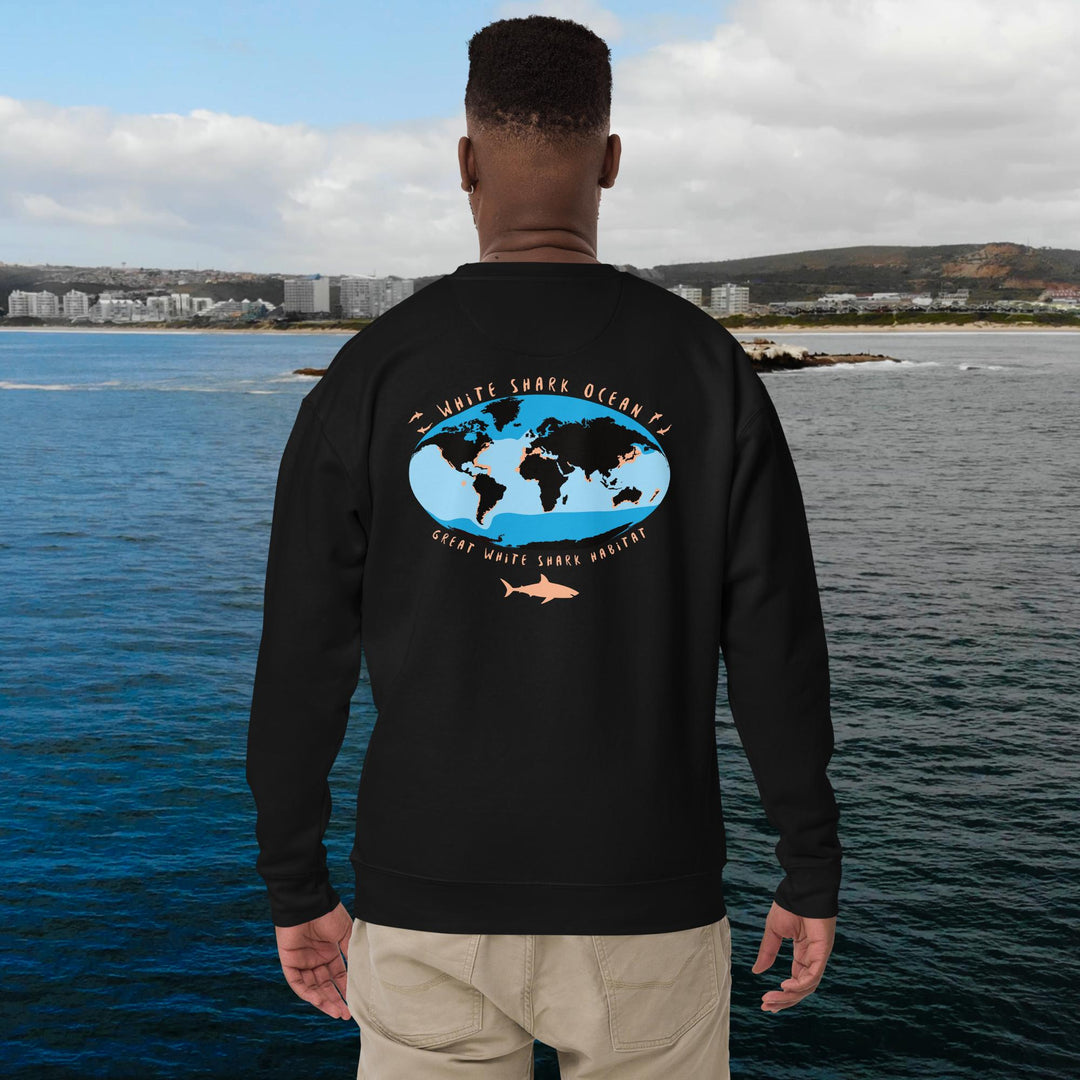
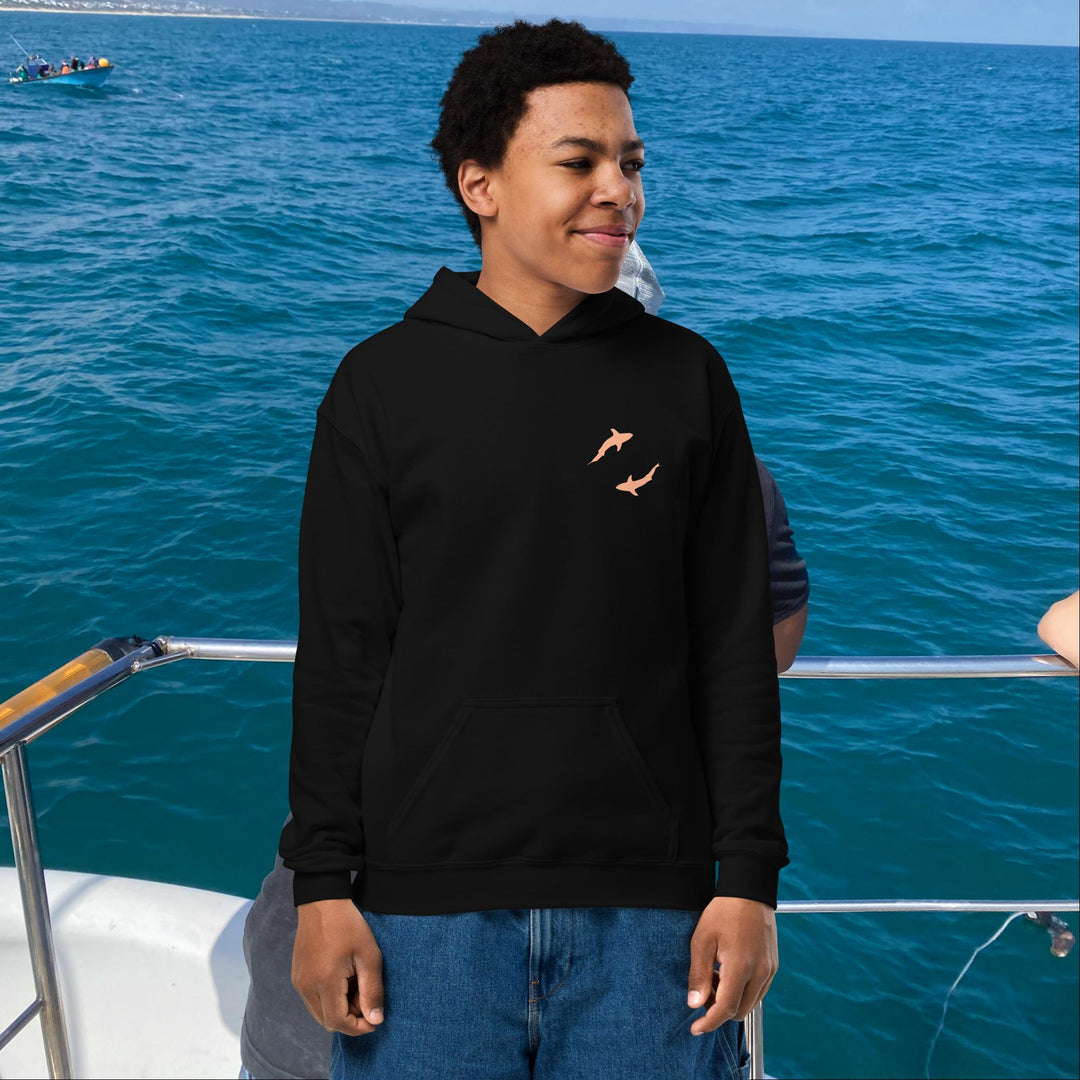
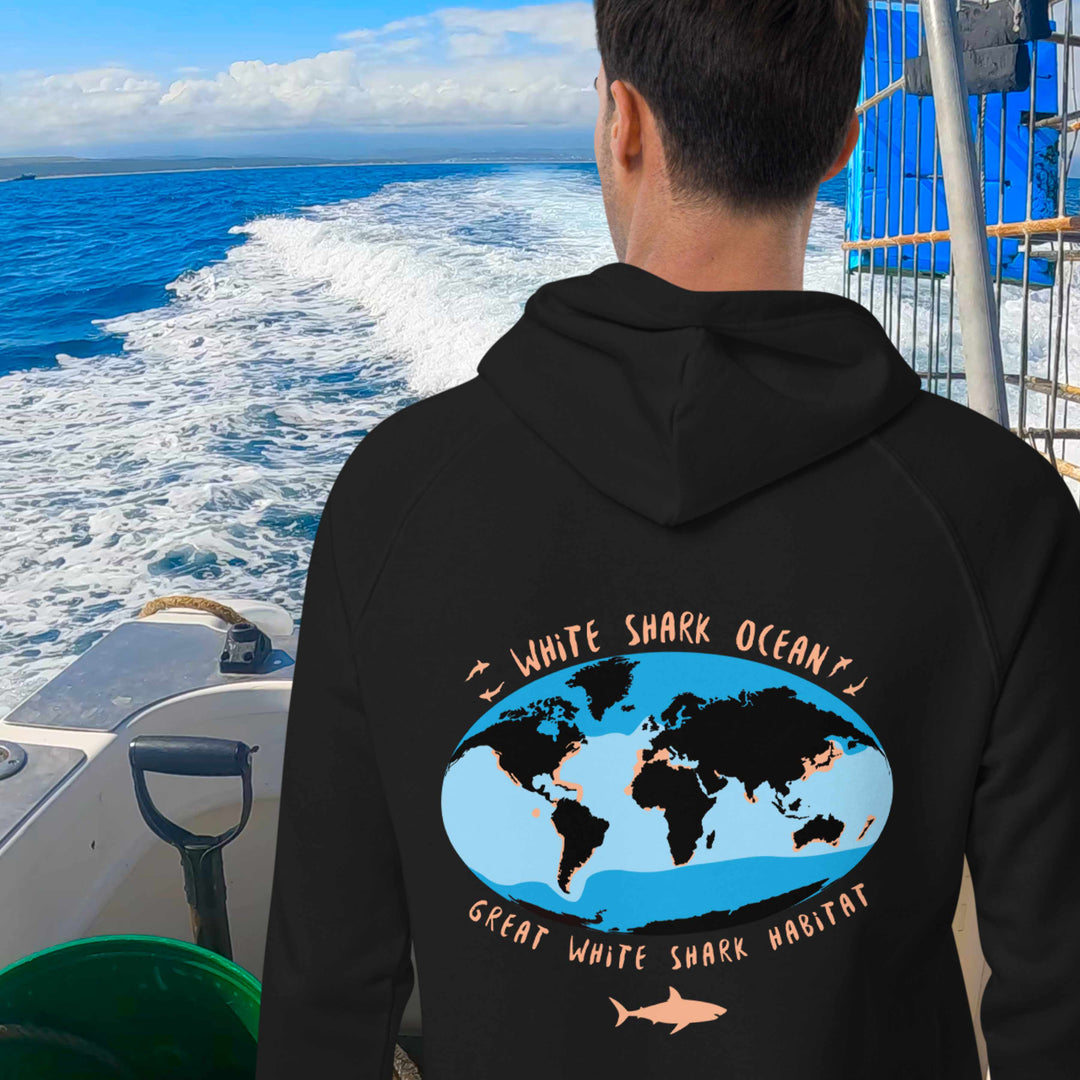
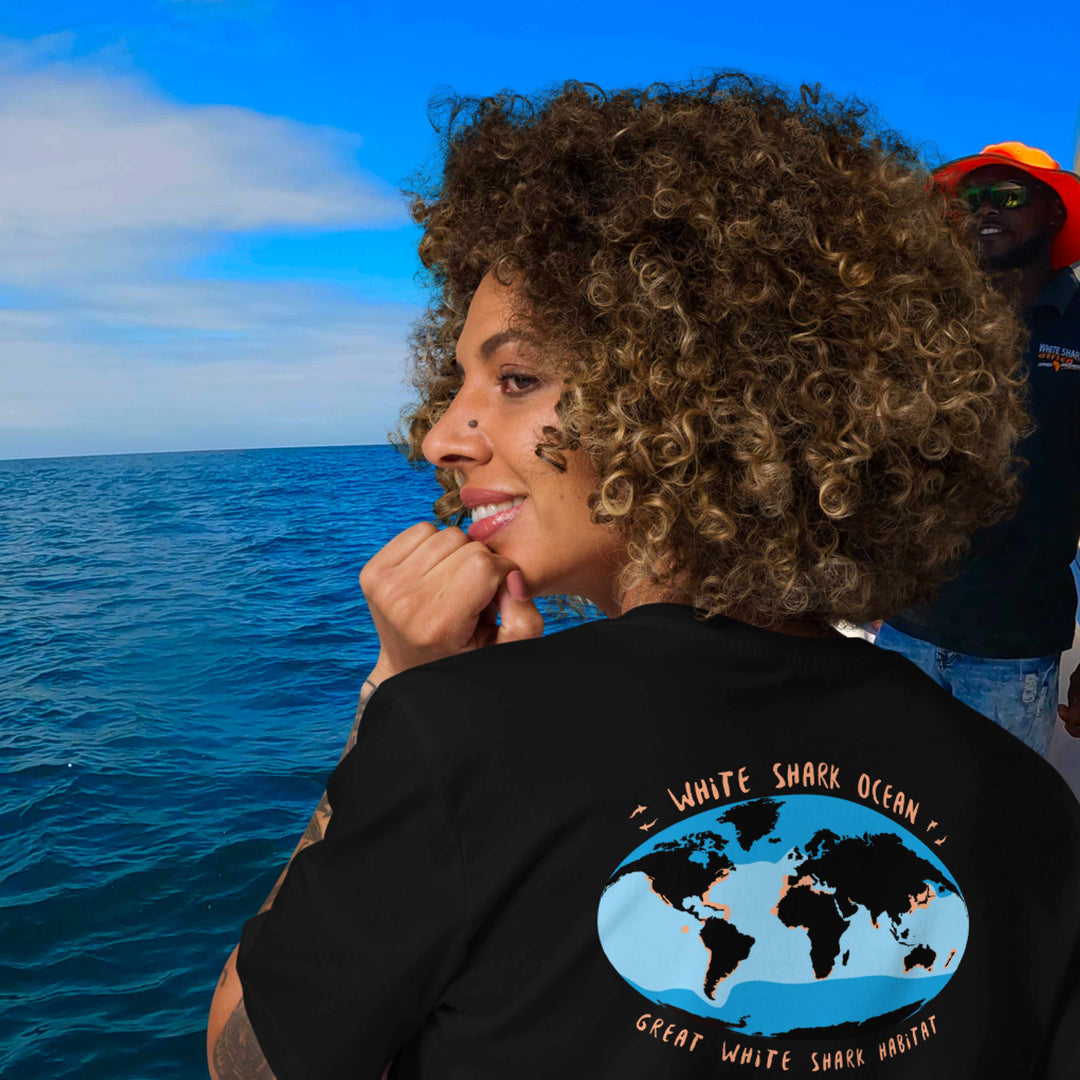
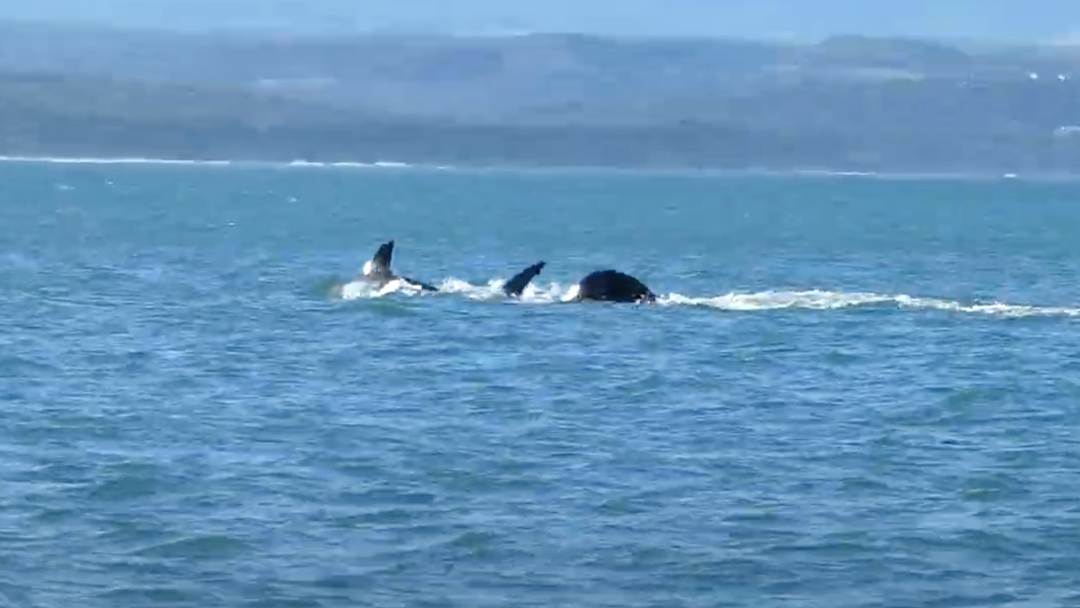
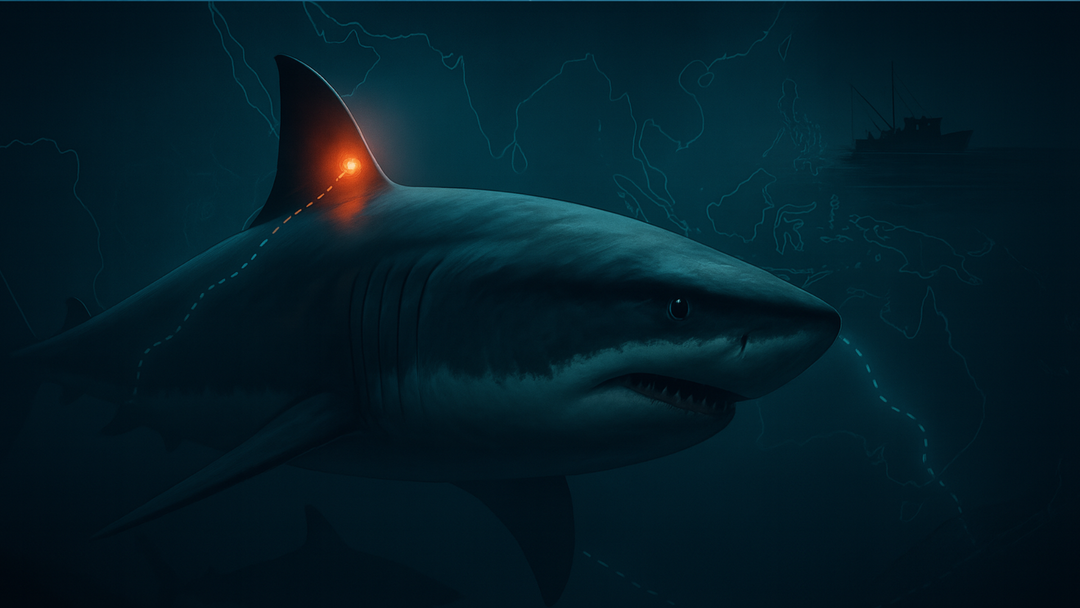
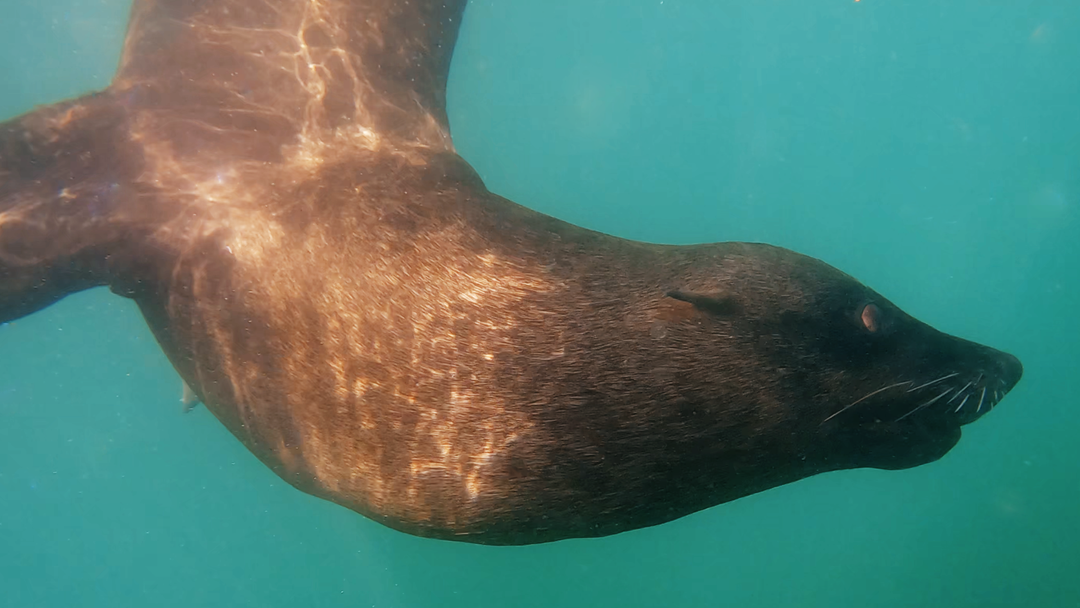
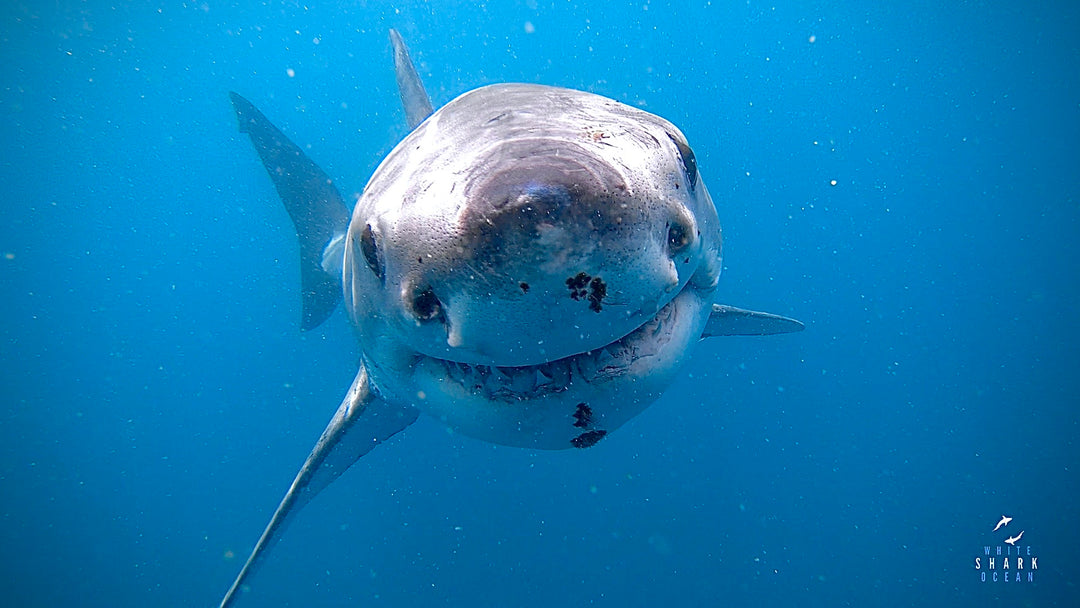
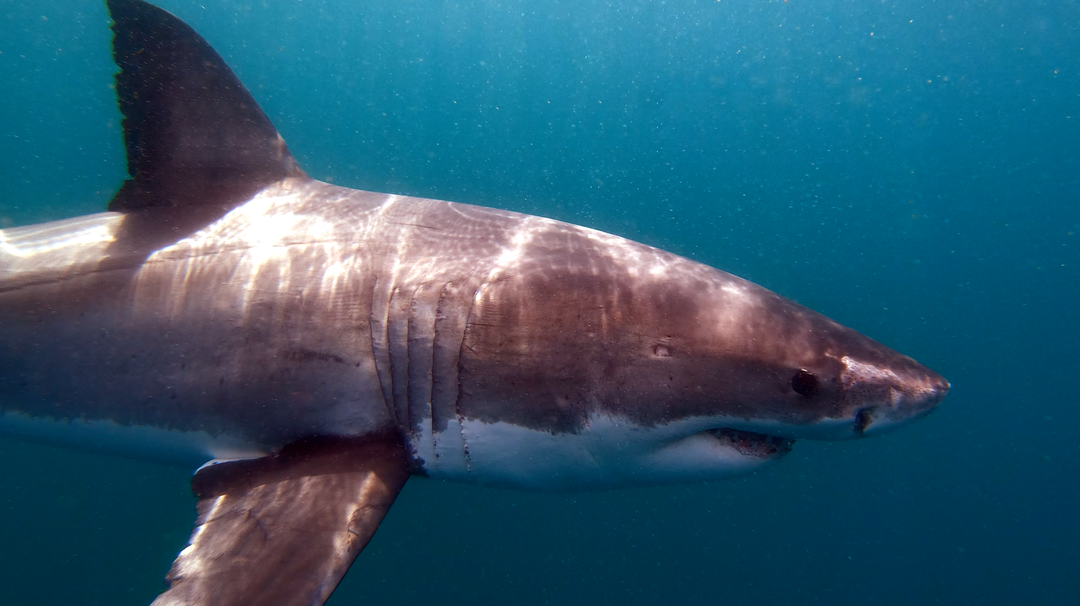

Leave a comment